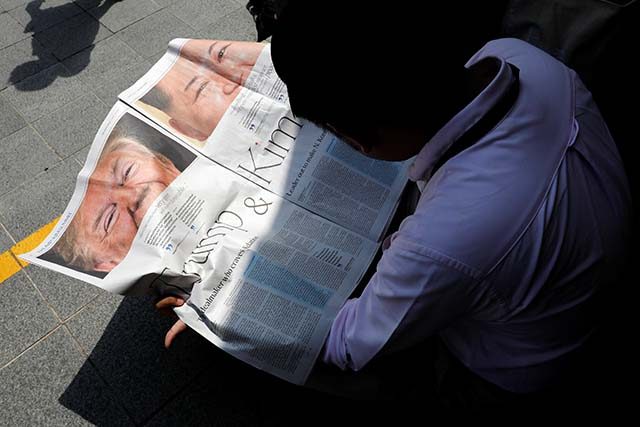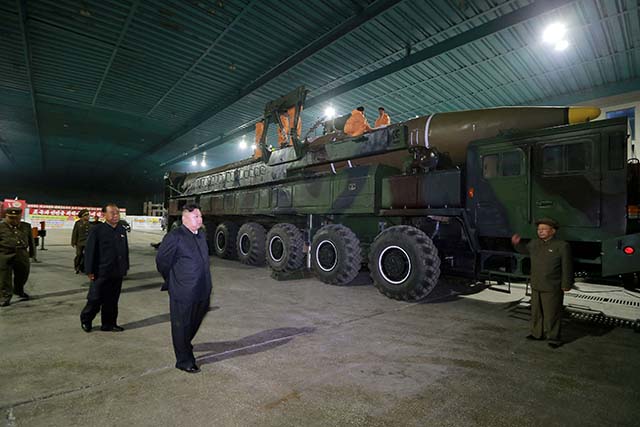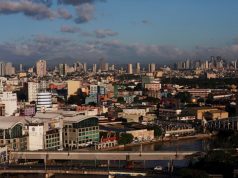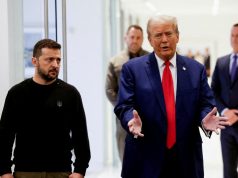
As US president Donald Trump and North Korean leader Kim Jong Un prepare for a historic summit that aim to ease diplomatic tensions and come to an agreement about the removal of nuclear weapons in the Korean peninsula, the Philippines watches closely.
The summit scheduled on Tuesday, June 12 initially had the goal of completely reducing North Korea’s nuclear arsenal but Trump said that it might not be a one-time big-time deal.
He admitted, “I think you’re going to have a very positive result in the end, not from one meeting.”
The summit is being closely watched as it is the first time that the two countries would finally talk after several months of tense rhetoric and saber-rattling.
Experts say the event might have four possible scenarios, as enumerated by Vox:
- Summit ends on a small deal with more talks to follow;
- Summit ends on a big agreement between the two parties but denuclearization won’t happen;
- Summit will end without no agreement;
- Summit ends with North Korea agreeing to denuclearize.
How North Korea’s nuclear-related activities affect Philippines
While the Philippines is not directly involved in the summit between the United States and North Korea, some of its government officials have voiced out their concerns on North Korea’s nuclear-related activities.
In 2017, Department of Foreign Affairs secretary Alan Cayetano expressed his “grave concern” when North Korea fired a ballistic missile over Japan in August.
The missile landed in the Pacific Ocean, off the northern region of Hokkaido, Japan.

Cayetano assured overseas Filipino workers they would be assisted by the Philippine embassies located in Tokyo and Osaka for any possible casualties.
One month later, he signed the United Nation’s Treaty on the Prohibition of Nuclear Weapons.
Senior officials also went to Washington to discuss their concerns on North Korea’s nuclear programs.
In a statement, DFA said that both the Philippines and the US pledged to work together to put an end to North Korea’s ballistic missile and nuclear programs, which are unlawful.
Even though the Philippines has never been directly attacked by North Korea, The Diplomat reported that many Filipinos continue to be “apprehensive about the potentially pernicious spillover effects emanating from a North Korean nuclear test.”
In 2012, debris from a North Korean rocket launch reached the Philippines. It fell 300 kilometers east of Luzon, specifically in the area of Sta. Ana, Cagayan and Polilio Island.
Pew Research Center indicated that the Philippines is the third most concerned nation when it comes to the nuclear arsenal of North Korea. Filipinos are rated as 60 percent concerned while Japan and the United States top the survey.









